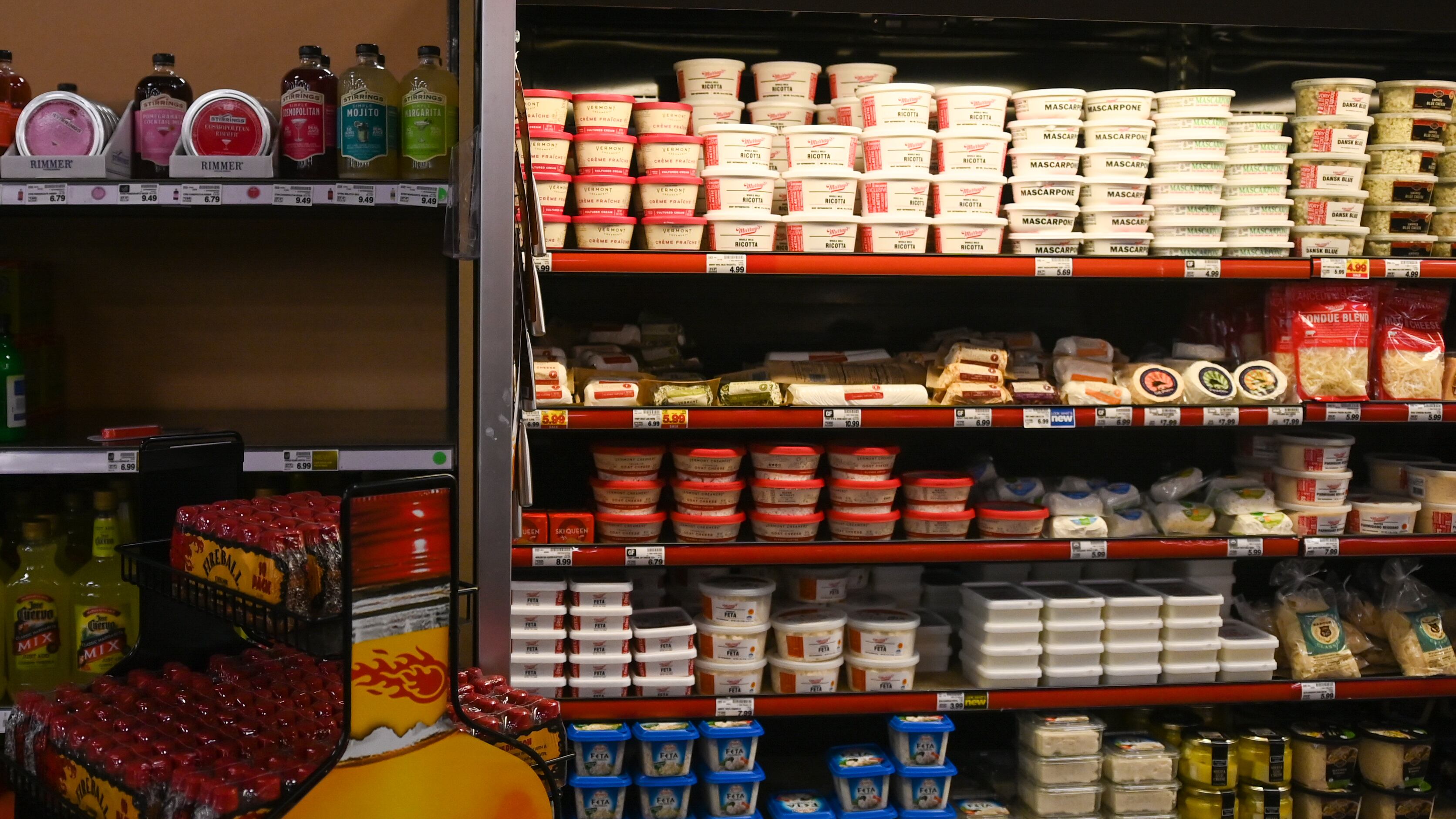After a long wait, the Oregon Supreme Court on March 29 left untouched the ballot title for an initiative that would end the Oregon Liquor and Cannabis Commission’s near-monopoly on liquor sales and allow grocery stores across the state to sell booze.
Trent Lutz, an Oregon Education Association official, filed a challenge to the certified ballot title for the measure on Jan. 5.
Lutz earlier stated his objections to the measure in comments on the original ballot title. “This measure would cap revenues to the general fund and divert additional revenue to a separate fund,” Lutz wrote Dec. 2. “This could impact dollars available to many other critical resources that impact our students.”
Nearly three months later, however, the court decided the title—which reads, “eligible retailers and wholesalers may be licensed to sell distilled liquor; retailers taxed on sales”—would suffice.
Grocers have twice before tried to wrest from the state a business line that grocery stores in California, Washington and other states have long enjoyed. In 2014 and 2016, chief petitioners aligned with the grocers filed ballot initiatives but did not move forward to the ballot in either year.
Last year, proponents of ending the OLCC’s hold on liquor again filed multiple ballot initiatives—as petitioners often do so they can choose between draft ballot titles prepared by the Oregon Department of Justice. Proponents moved forward with the first version of what they are calling the Customer Choice and Convenience Act of 2022.
The grocers’ interest is straightforward: Unlike produce, meat and fish, booze doesn’t go bad. Oregonians like to drink it, and it’s a lucrative product grocers cannot sell in Oregon except at a few rural stores.
In the comment period on the certified ballot title, the secretary of state’s Elections Division received 168 pages of material. The meat of the comments consisted of objections from the private group most vehemently opposed to privatizing the OLCC: the Oregon Beer and Wine Distributors Association, whose economic interests would be threatened should the OLCC’s control over alcoholic beverages decrease.
The OEA and other unions, including the American Federation of State, County and Municipal Employees, which represents some OLCC employees, also oppose the measure, saying it threatens the flow of cash from the OLCC’s liquor sales to state and local governments, as well as union jobs. (The grocers have proposed replacing that cash flow with a tax.)
The grocers are now considering whether to move forward with signature gathering.
Pollster John Horvick of DHM Research says voters are the unhappiest they’ve been in the nearly 30 years his firm has kept records. That augurs well for what is an anti-government initiative. On the other hand, there isn’t much time: Proponents only have until July 8 to gather 112,020 valid signatures.
